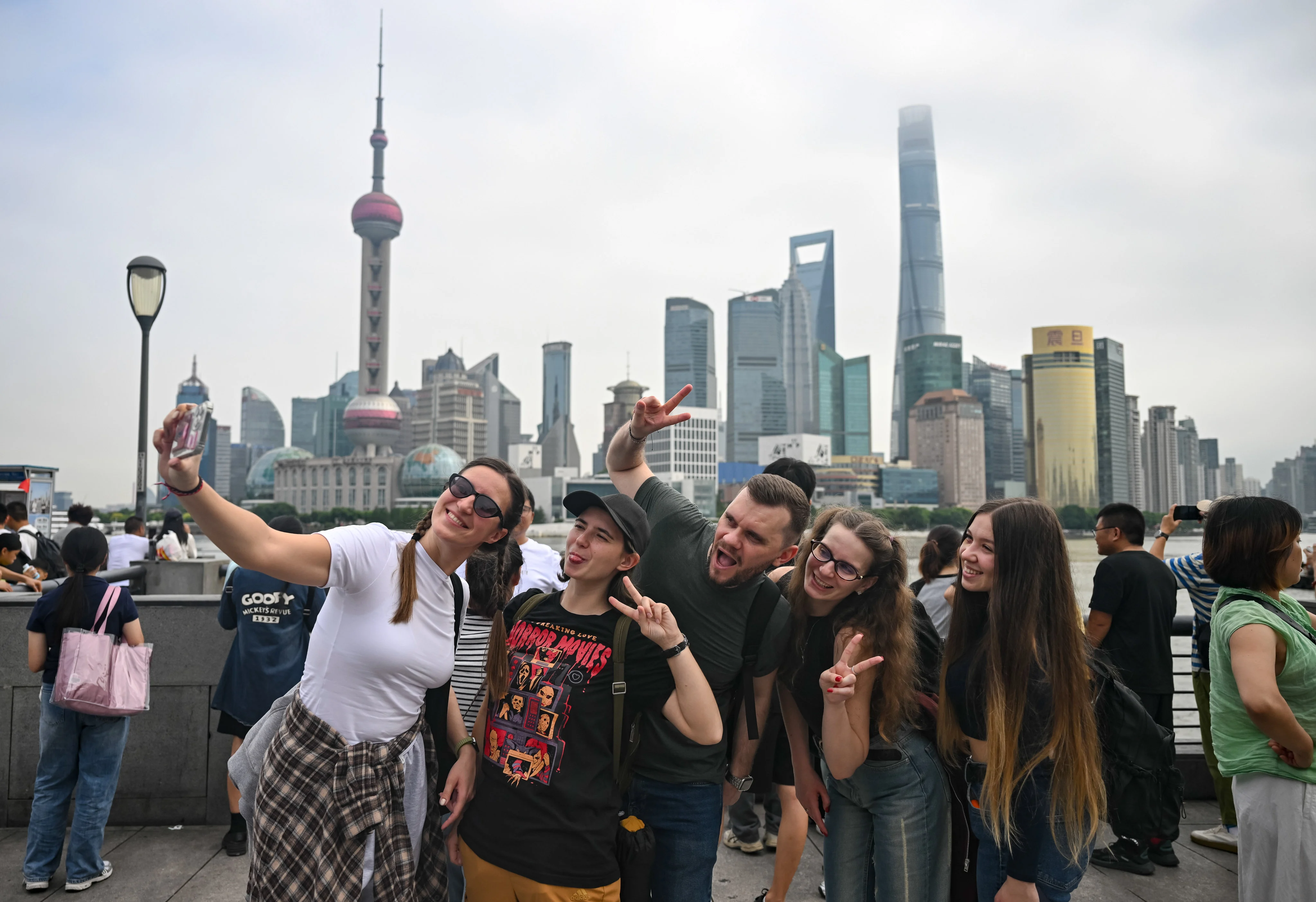By Daniel Ren
Copyright scmp

Mainland China’s commercial and financial hub Shanghai has pledged to remove all regulatory hurdles for foreign investors to set up manufacturing businesses, as authorities move to shore up confidence in the local and national economies despite rising US-China trade tensions.
Mayor Gong Zheng said on Sunday that deepened reforms had been carried out to grant overseas companies in the fields of electric vehicles, value-added telecommunications services, biotechnology and hospitals full access to the Chinese market.
“We are taking an orderly pace in further implementing institutional reforms in opening up the market,” he said at a press conference after the annual International Business Leaders’ Advisory Council meeting. “We understand that openness is the biggest advantage that Shanghai enjoys.”
The mayor did not directly respond to a question about the impact from escalating US-China trade tensions following US President Donald Trump’s latest threat of additional 100 per cent tariffs on Chinese goods over the weekend.
Admitting that foreign direct investment in the mainland’s most developed metropolis dropped recently, Gong said that multinational firms had opened more research and development centres, as well as regional headquarters, in Shanghai as they remained confident in China’s consumer vigour.
He also said that Shanghai municipality would ensure that foreign-funded manufacturers would be treated equally in government purchases.
“They will also receive our support when they participate in building supply chains, whether upstream or downstream,” he added.
At present, foreign manufacturing companies in certain areas, such as telecommunications, are still subject to an investment ban or cap. They also face lengthy and complex approval procedures even though their investment proposals are in compliance with Chinese laws and regulations.
“The mayor has conveyed a message to the big multinational companies that Shanghai, as a gateway for them to enter the mainland, is still an investment magnet,” said Ding Haifeng, a consultant at financial advisory firm Integrity in Shanghai. “Foreign businesses are of vital importance to the city’s and the country’s economies.”
The annual council, started in 1989, convenes leaders of big-name multinational businesses to provide Shanghai leaders with international perspectives and advice to drive economic development. Adidas, Roche and ABB Group are among the current membership of around 50 companies.
At the beginning of 2025, Shanghai set a target of 5 per cent economic growth for the year, unchanged from last year’s actual expansion.
The city, which has been eclipsed by Shenzhen and Guangzhou since 2022 in car production, announced in February that Toyota Motor would start building pure electric cars from 2027 at its wholly owned plant in the southwestern Jinshan district.
The Japanese carmaker said the factory, with an annual capacity of 100,000 units, would tap the local supply chain, logistics network and talent pool to produce Lexus-branded electric vehicles.
The plant will be the second fully owned car venture by an overseas company on the mainland, following Tesla’s Gigafactory at Shanghai’s Lingang free-trade zone, which launched production in late 2020.